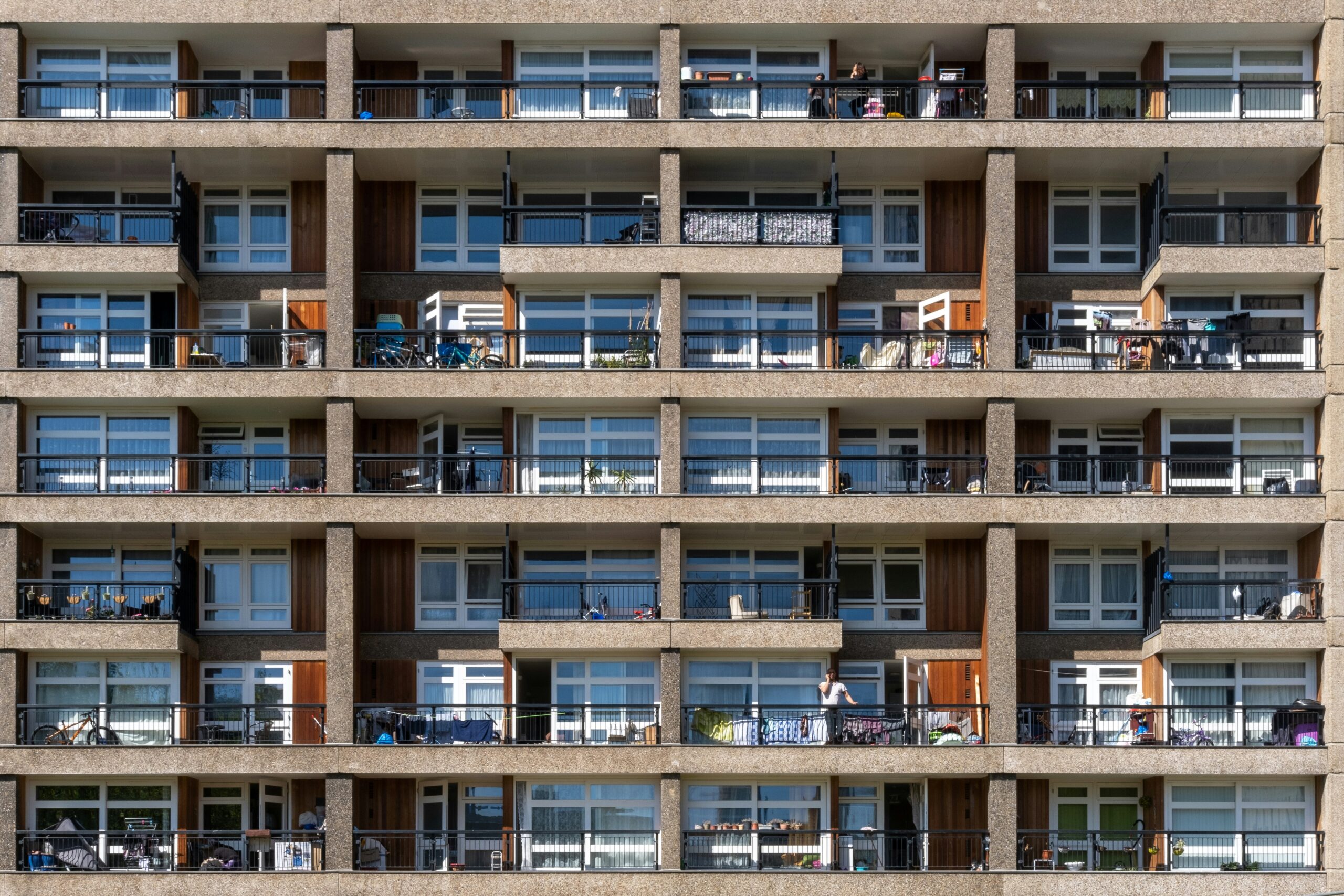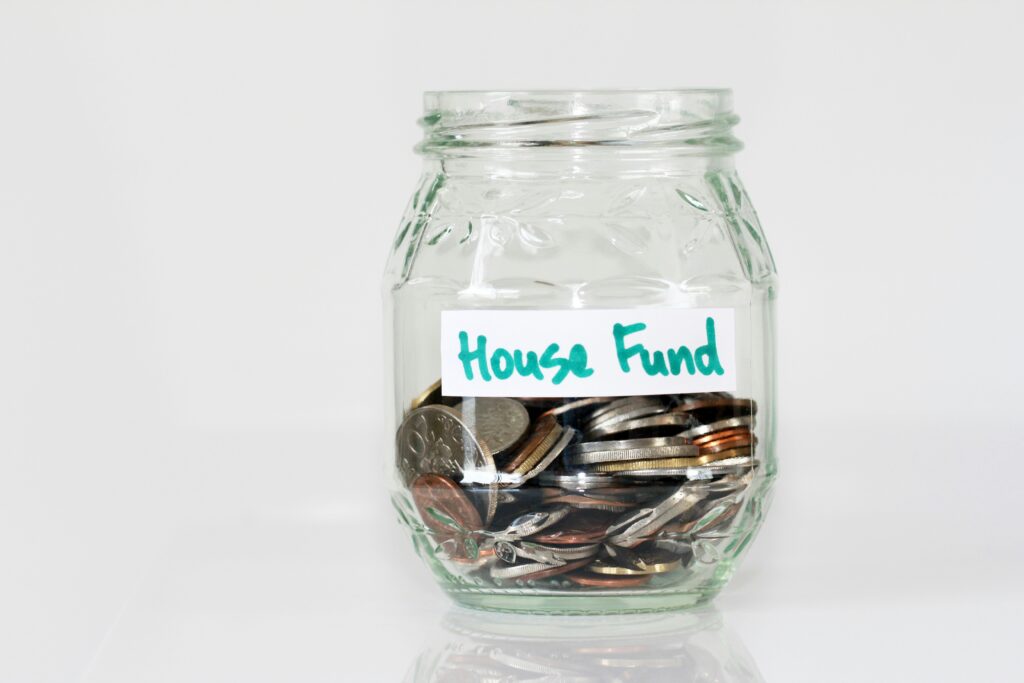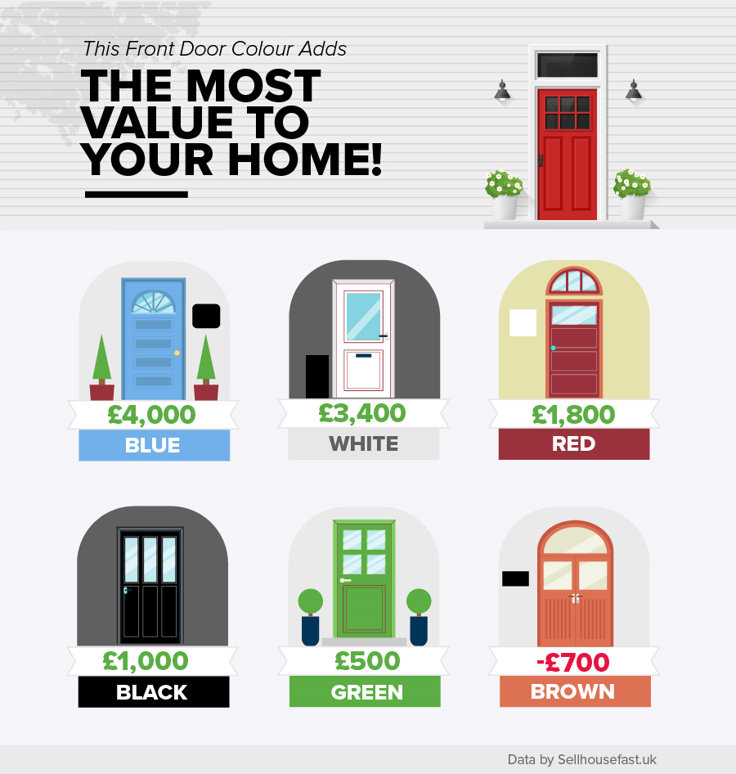
Are All Flats Leasehold?
Leasehold, freehold, commonhold – these pieces of property jargon can all be challenging to wrap your head around. However, one of these terms may soon become less prevalent as the property market evolves and embraces government changes. Leaseholds fill a substantial quota within the English property market, with the vast majority of leasehold properties being flats. Figures released by the government in May 2024 showed that 72% of leasehold properties in England were flats, with the remaining 28% being houses.
This means that most flats are leasehold, but there are a few exceptions to the rule. And, over the coming years, this exception will start to become the majority as flats will no longer be built as leasehold, but rather as commonhold.
Confused? Don’t worry – navigating your way through these terms can be a minefield. Read on to get the full rundown.
What is a leasehold?
A leasehold property is where you own the flat you live in, but not the land it sits on. The land is owned by the freeholder, to whom the tenant pays the ground rent. The property is owned by a leaseholder for a set time, normally from 99 years but potentially up to 999 years.
This is a common situation for owners of flats to find themselves in. As flats are multiple properties filling the same land space, it’s not that easy to have each resident own a share of the freehold. Instead, a management company owns the freehold and grants each property a leasehold interest.
Can a flat be a freehold?
Somewhat, yes – where most flats are leasehold, some are commonhold. This is where each flat owner has a share of the freehold. Over the coming years, this form of ownership will become more frequent as the government’s plans to abolish new leaseholds come into effect.
A government whitepaper illustrates plans for the Leasehold and Commonhold Reform Bill. Due to come out in late 2025, the bill will ban the sale of new flats with leasehold agreements. Instead, commonhold ownership will become the default form of flat ownership, removing the need for a freeholder.
Can I buy the freehold of my leasehold flat?
You won’t be able to buy the freehold of a leasehold flat as the freehold applies to the entire building, but you may be able to buy a share of the freehold. You’d need to do this with other leaseholders and take one of two routes:
- Informal route: This is where you and the other leaseholders approach the freeholder and ask if they wish to sell the freehold. Between you all, you’ll negotiate terms and costs
- Collective enfranchisement route: This is the more formal route to buying the freehold of a leasehold flat. If you and the building you live in meet specific criteria, you can join up with other leaseholders and buy the freehold. There are set timescales to work to and strict procedures to follow, so you should seek professional advice before starting the process.
What does commonhold mean?
Commonhold ownership gives flat owners a way to collectively manage the building they live in. Where in the past, a management company received payment to cover maintenance and upkeep, commonhold allows the owners to form a commonhold association. This association then oversees the management and governance of the building. Should they want to, they can employ a property management company that then reports to the commonholders rather than to a landlord.
Can I still buy a leasehold flat?
Yes. The current government plans only apply to new flats, not existing properties. This means there are still a number of leasehold flats on the market. Commonhold does sound inviting, especially as it gives you more control, but until things change for all flats, you’ll likely purchase a leasehold. This can be advantageous, however.
What are the advantages of buying a leasehold flat?
A leasehold property tends to be cheaper than a freehold or commonhold. This means you won’t have to save as much for a deposit or have as much to pay out each month to cover your mortgage. In a time when property purchasing is perhaps at its most difficult, this can be seen as hugely beneficial.
You also needn’t worry too much about the general maintenance of shared areas such as gardens, stairways, lifts or storage areas. All this is looked after by the management company, relieving you of jobs that could cost a lot of time and/or money if you had to tackle them yourself.
Of course, there are disadvantages too.
What are the disadvantages of buying a leasehold flat?
Whilst the cost to buy may be lower, the additional fees, such as service charges and ground rent, can soon see your monthly expenses surge. The problem here is that the management company can often determine that certain jobs are a necessity when they really aren’t, and bill you and other residents for them. For example, if they decide to paint the stairway to freshen the building up, your monthly payments will contribute to this. If this then takes a chunk out of the annual budget and makes other jobs unaffordable, you’ll probably notice a hike in your charges the following year, so the management company can get the money back.
Short leases are also a problem. Buying a house with a short lease makes it almost impossible to sell in the future, unless you secure a lease extension. The issue here is that the shorter the lease, the more expensive it is to renew.
Furthermore, restrictive covenants are often in place on leasehold properties. This means that you can find yourself limited when it comes to changes and improvements you’d like to make.
Is it easy to sell a leasehold flat?
Yes – this is made even easier with a company like Sell House Fast, as we can simply make you an offer, and if you are happy with it, we can proceed to purchase.
If you choose the more traditional route, there may be additional challenges to face. Potential buyers may be put off by the high service charges and ground rents, or the fact that the lease has run down significantly. A lease renewal can cost thousands of pounds, and a buyer may consider knocking that amount off any offer or walking away altogether.
If it’s a quick flat sale you’re looking for, give our team a call today. We’ll prepare an offer and have you sell your flat fast, in as little as seven days if you wish. We can even help you sell your retirement flat quickly, with in-house experts accustomed to dealing with retirement properties.


